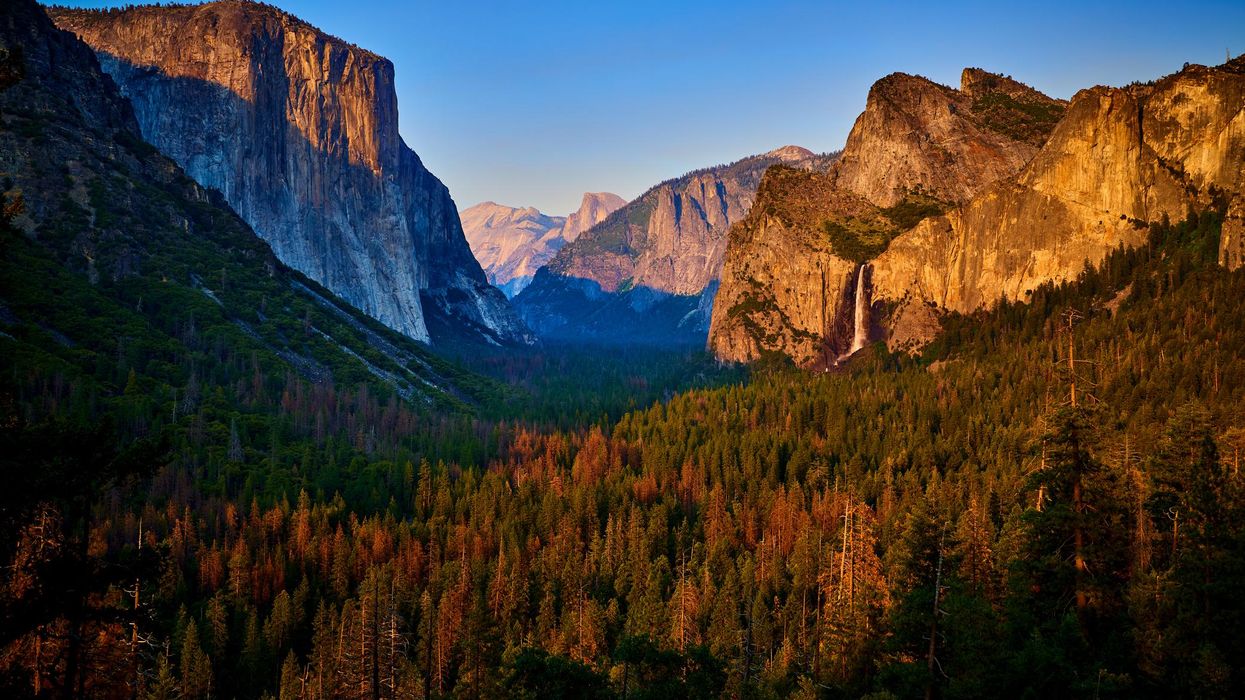
zorazhuang/Getty Images

Our purpose in life and cultural norms are being redefined with little resistance and even less attention.
The actor Michael K. Williams died Monday of a drug overdose. The NAACP Twitter feed wished that Williams would "rest in power."
Rest in power is a new cultural norm being imposed by social media apps. It's no longer solely customary to wish the dead a restful peace. We now hope they attain power.
Traditional RIP is now RIP. We think this change is insignificant. We think it's progress, a sign of an awakening to the limitations of peace and the righteousness of power. Only a fool would want peace when power is attainable. Peace is spiritual. Power is tangible.
Rest in peace is the Latin phrase "resquiescat in pace." It was found on tombstones as early as the fifth century. It was a way for religious people to wish the dead eternal rest in heaven. By the 18th century and the foundation of America, rest in peace became ubiquitous in Western civilization. Christians adopted the turn of phrase and engraved it on nearly every tombstone.
It reflected our values. We thought our purpose was to live lives that would lead us to rest peacefully with God. That purpose caused us to make many sacrifices in service to our fellow man. That purpose is at the root of American progress – the freeing of slaves, the suffrage of women, the destruction of Jim Crow, the adoption of child labor laws. The list is endless.
Rest in Peace meant and means far more than most people imagine.
So does Rest in Power.
It's the moving of goalposts. It's a redefinition of our life purpose. Pleasing God is no longer our goal. Acquiring power is our purpose. The phrase "power tends to corrupt and absolute power corrupts absolutely" is credited to British politician Lord Acton in 1887. The truth is, a British prime minister, William Pitt, coined the sentiment in 1770 in a speech to the House of Lords.
"Unlimited power is apt to corrupt the minds of those who possess it," Pitt said.
When Lord Acton tweaked it, he added this conclusion: "Great men are almost always bad men."
Let me translate that for you. Power corrupts. The people who pursue power are almost always bad people.
Rest in power inspires people to pursue power. Rest in peace inspires people to pursue God. I can hear my critics screaming that I'm making too much of a casual turn of phrase. I would agree with my critics if every Christian norm in American society wasn't under attack or hasn't already been tweaked to meet secular norms.
Merry Xmas, everyone!
I don't want to digress. How do you rest in power? What does that look like? I've rested peacefully, blissfully, and tranquilly.
Powerfully? George Floyd rests in power. He has far more power in death than he had in life. In life, he was a drug addict, a porn actor, a violent criminal, an irresponsible father. I'm sure he was at one time a well-intentioned person. But he made a mess of his life. He found no peace or power while alive. He ascended to martyrdom and attained great power. Dying under the knee of a white man granted George Floyd power. In death, he won America's new game of life.
Power is our new obsession. Power by any means necessary. No wonder we're ruled by lies and deceit.
The pursuit of peace with God requires reverence and obedience to truth. The pursuit of power requires reverence and obedience to falsehoods.
RIP, America. The death of our Judeo-Christian culture has been greatly exacerbated.Jason Whitlock
BlazeTV Host